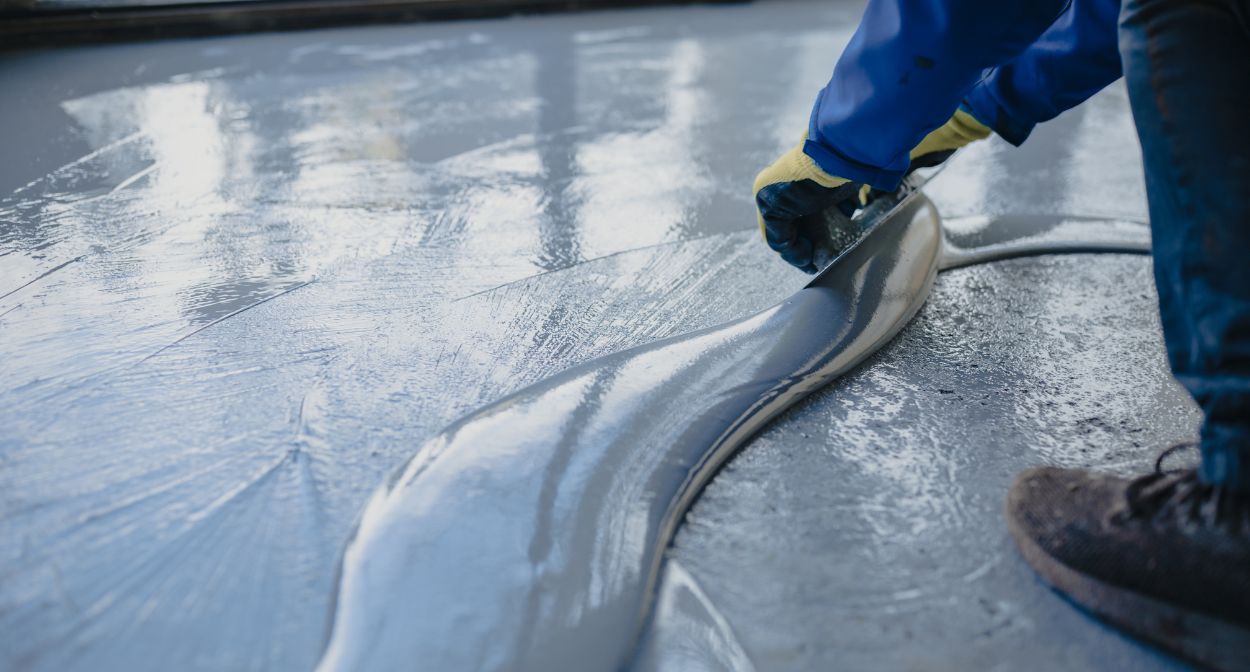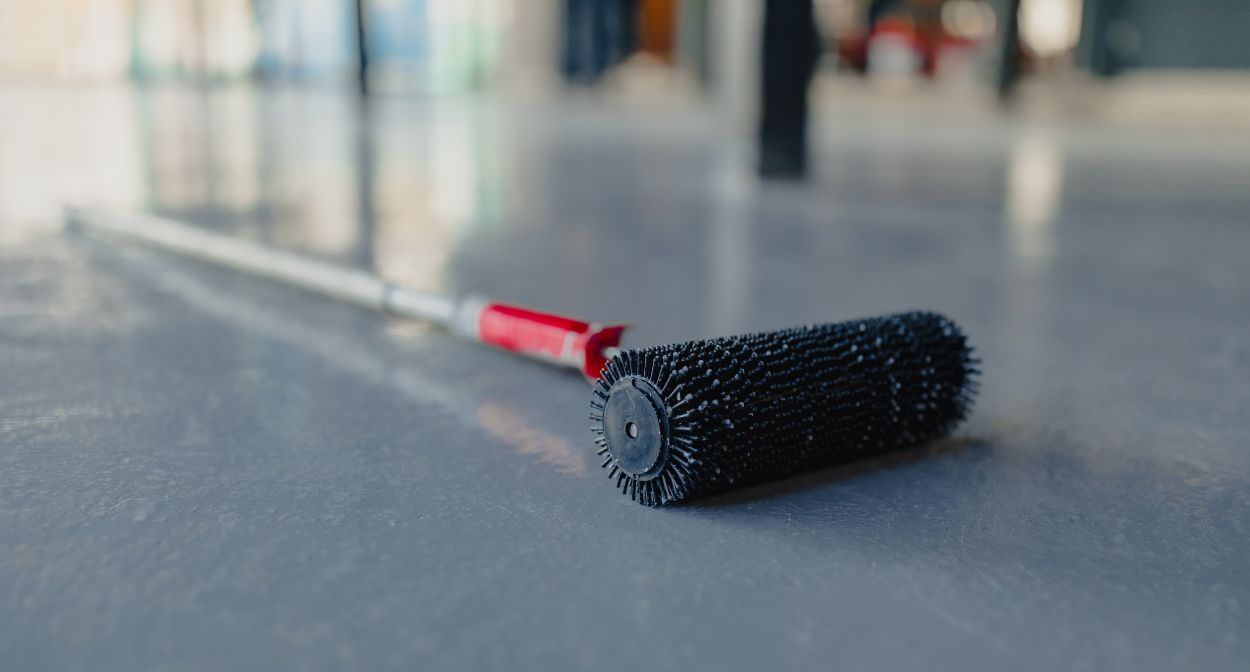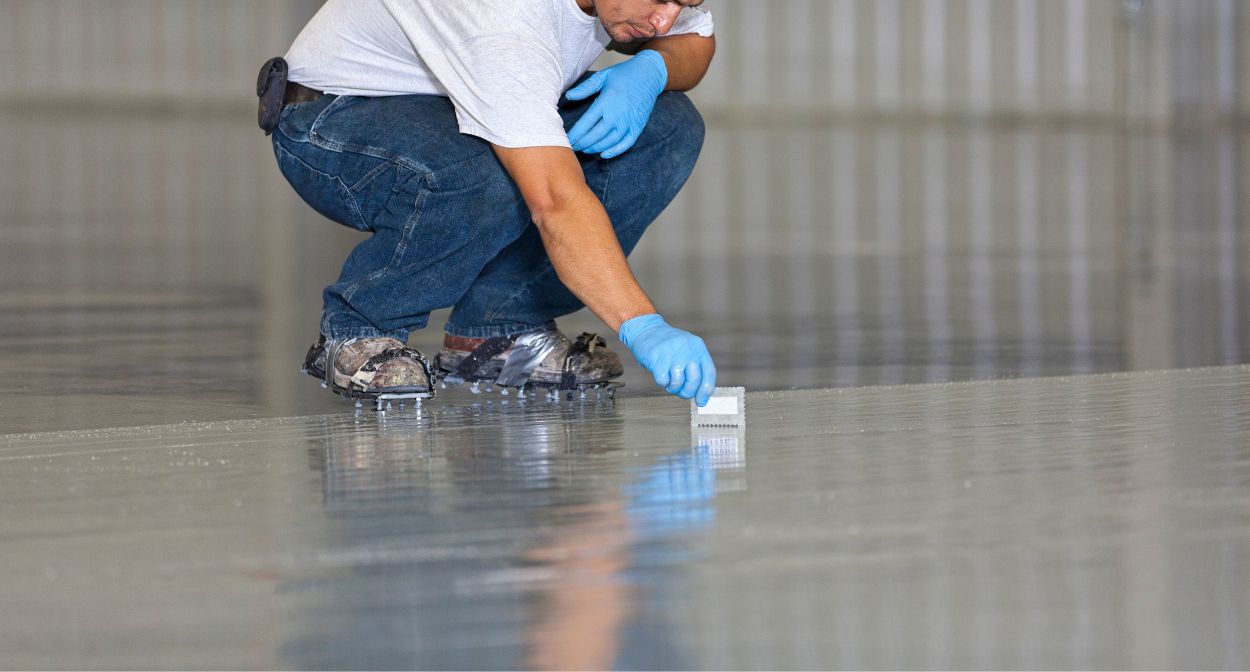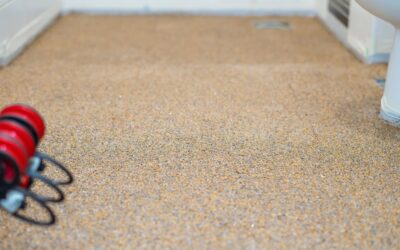Epoxy and urethane floor coatings are both widely used in residential, commercial, and industrial settings, offering unique advantages in terms of durability, aesthetics, and chemical resistance. While they may seem similar at first glance, there are key differences between these two types of floor coatings that make them suitable for different applications.

Composition and Application:
Epoxy floor coatings are two-component systems composed of resin and hardener, which when combined, form a rigid and durable surface. Epoxy coatings require a meticulous application process, including thorough surface preparation, precise mixing of the components, and careful application in multiple layers. This process often necessitates the expertise of a professional installer to ensure optimal results.
Urethane floor coatings, on the other hand, consist of a single component or two-component system, depending on the type of urethane used. The application process is typically more straightforward than epoxy coatings, although proper surface preparation and application techniques are still necessary for a successful outcome.

Durability and Longevity:
Epoxy floor coatings are known for their superior adhesion and durability, providing a tough, long-lasting surface that can withstand heavy traffic, impacts, and abrasions. They form a thick, high-build coating that helps to protect the underlying substrate from damage. However, epoxy coatings may be more susceptible to chipping or cracking over time due to their rigid nature.
Urethane floor coatings, while still durable, offer a higher degree of flexibility and elasticity, making them less prone to chipping and cracking. This characteristic allows urethane coatings to better accommodate substrate movement and temperature fluctuations, contributing to a longer service life.

Chemical and Stain Resistance:
Both epoxy and urethane floor coatings provide excellent resistance to chemicals, oils, and stains. However, urethane coatings tend to outperform epoxy coatings in terms of overall chemical resistance, particularly against solvents and acids. This makes urethane coatings the preferred choice in environments where exposure to harsh chemicals is a concern.
Aesthetic Appeal:
Epoxy floor coatings offer a wide range of design options, including customizable colors, decorative flakes, and metallic finishes. The high-gloss finish of epoxy coatings can enhance the brightness of a space, making it appear larger and more inviting.
Urethane floor coatings, while also available in various colors and finishes, may not offer the same level of customization as epoxy coatings. However, urethane coatings are known for their exceptional UV resistance, which helps prevent discoloration and fading over time, ensuring a consistently attractive appearance.
In conclusion, the choice between epoxy and urethane floor coatings depends on factors such as application requirements, desired aesthetics, and the specific environment in which the coating will be used. Both types of coatings offer unique benefits, and understanding these differences can help you make an informed decision on the most suitable floor coating solution for your project.



